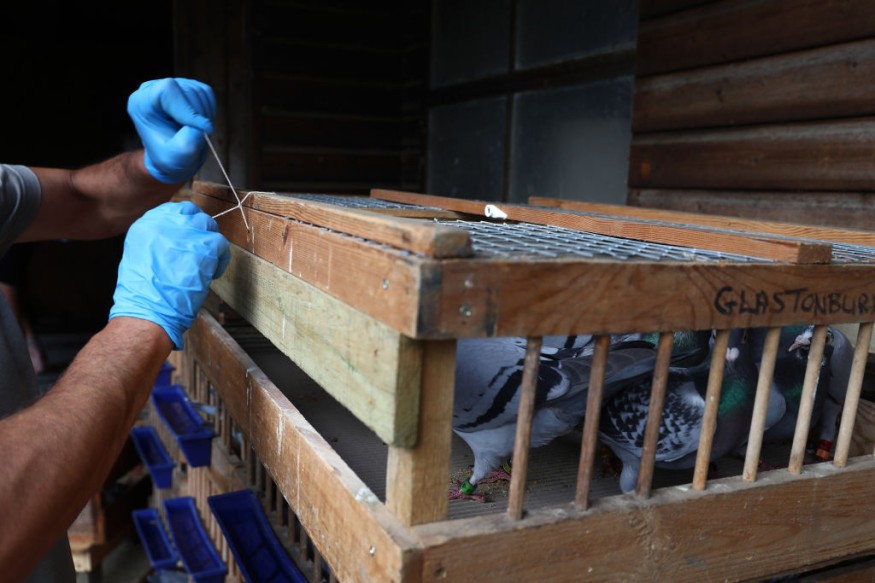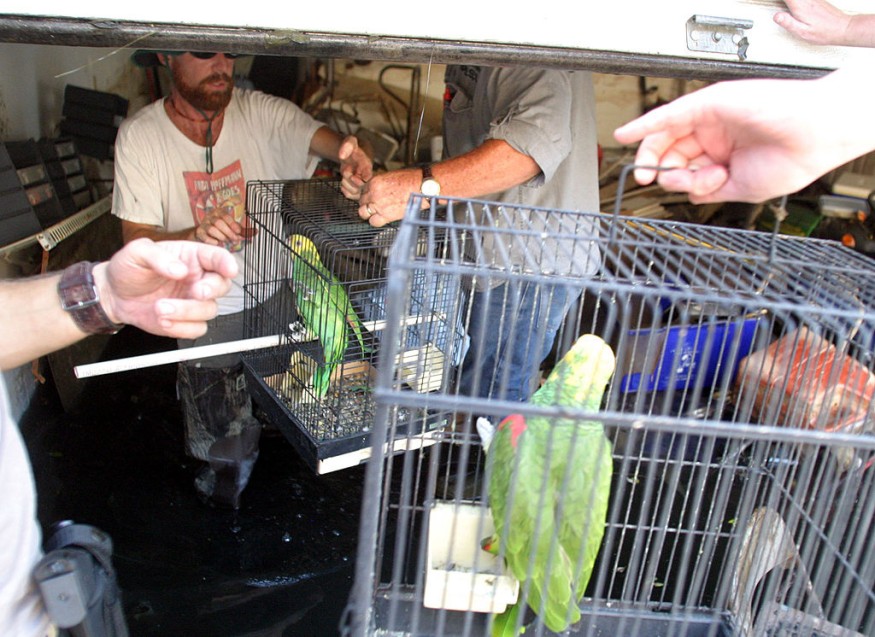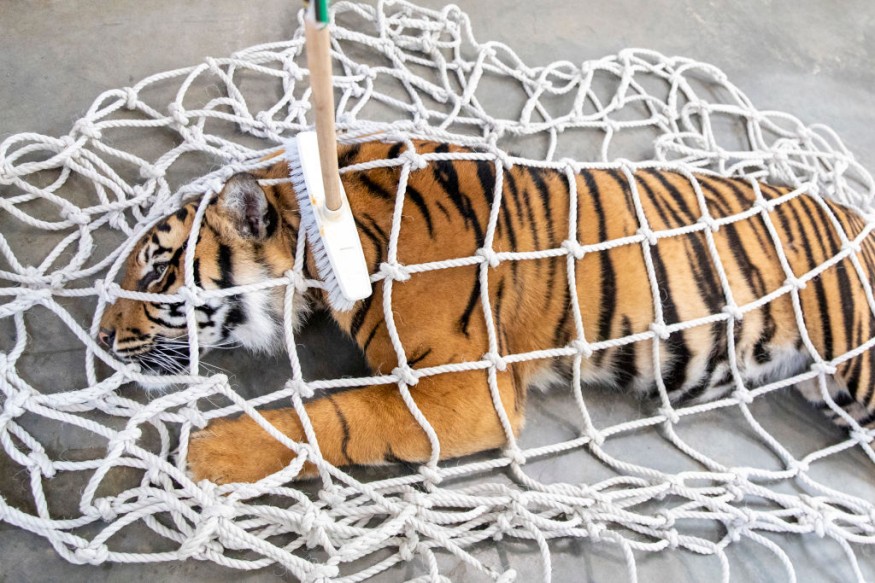In 1995, a huge criminal case was filed and tried against a large-scale animal trading company because of serious animal handling misconduct. Decades later, only a handful few has been changed.

Crushed Reptiles Encountered by Wildlife Investigators
It was 1995 and a wildlife investigator from New York City's John F. Kennedy International Airport was summoned to investigate a newly arrived shipment of livestock. The first thing he saw when he opened one of the wooden boxes is skinks. The lizards seemed to be in good shape.
However, he encountered several hundred dead and dying frogs "crushed together" in another compartment. There was no water or wet sponges in the compartment to keep the frogs hydrated, and the frogs had not been isolated to avoid injury. The auditor later claimed that it was "not a natural way to transport frogs."
Related Article: 205 China Dogs, Meant for Meat Trade, Rescued to Arrive in US for Adoption
Even though this happened more than two decades ago, it appears to have a chilling impact on efforts to address the inhumane exploitation of smuggled animals through the judicial system. According to spokeswoman Danielle Nichols, the US Department of Justice is not aware of all other prosecutions after the Bronx Reptiles case collapsed.
Lack of Legal Penalties

According to Clifford Warwick, an independent reptile scientist and animal rights expert, the lack of legal penalties for inhumane handling of exotic pets has helped develop an industry in which "animal misery, cruelty, and the human corruption behind it constitutes" the norm.
Live animal dealers supply pet shops, animal wholesalers, zoos, and biomedical research laboratories with animals ranging from tropical fish to exotic mammals, whether they're wild-caught or captive-bred. The Convention on International Trade in Endangered Species of Wild Fauna and Flora (CITES), a multinational protocol that does not protect most species, controls the international import and sale of such at-risk species.
Stress During Transit

Wild-caught animals in the trade are exposed to additional pressures when they move from hunter to middleman to exporter in sacks on vehicles or packed into boxes in car trunks. According to Warwick, they can be deprived of food and water, and they often come into contact with other trapped species, increasing the risk of disease transmission and the introduction of novel zoonotic viruses that may spread to humans.
According to a study released in Science Data in 2020, the United States imported 3.24 billion live animals from 2000 to 2014. According to the authors of the study, about half of the shipments came from the wild, and almost all were meant for commercial reasons, most likely the pet trade.
As the world's largest importer of wild animals for pets, the United States should set the benchmark for fair care in the exotic pet trade, but it has so far failed, according to Warwick. (He claims he wants the European Union, which imports almost as many wild species as the United States, to do the same.) Violators are likely to go unpunished due to lax laws, a shortage of wildlife officers, and the challenge of resolving prosecutions.
Call for Legislation
Conservationists and politicians have realistic grounds to be serious with animal welfare: According to Nitin Sekar, a conservation biologist with World Wildlife Fund-India and co-author of a paper in Science arguing that conservationists should aim to reduce animal misery, the more animals that perish in exchange due to ill-treatment, the more that are taken from the wild to keep supplies coming. He believes that people have an ethical duty to not hurt animals in the wild, regardless of how good or poorly they are doing.
Read also: Treating Pets with Separation Anxiety: What to do to Keep Your Pets Feel Emotionally Safe
For the most recent updates from the animal kingdom, don't forget to follow Nature World News!
© 2026 NatureWorldNews.com All rights reserved. Do not reproduce without permission.





